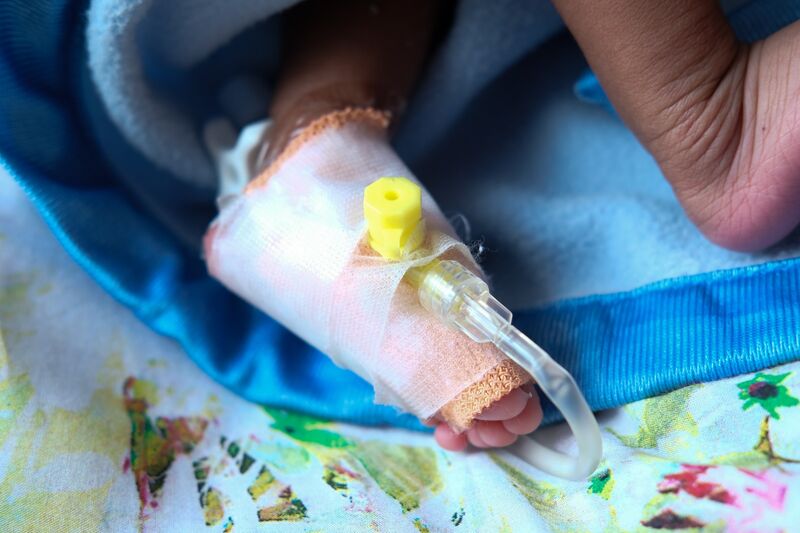New data from MBRRACE-UK released today (Thursday May 8th) shows a widening disparity in neonatal mortality rates – the number of babies who die within the first 28 days of life in the UK.
While the neonatal mortality rate decreased in the UK overall (not including in Scotland) and has reduced by 13% in the last decade, the rate increased for babies born to mothers from the most deprived areas for the third year in a row, going from 2.38 to 2.50 per 1000 live births from 2022 to 2023. This rate is now more than double that of babies born to mothers in the least deprived areas, where there was a decrease from 1.18 to 1.03.
Similarly, the report shows a continued gap in mortality outcomes when measured by ethnicity. While the neonatal mortality rate decreased slightly overall for babies of all ethnicities, the rate remained significantly higher for babies of Black and Asian ethnicities. In 2023 the rate was 2.35 per 1000 live births for Asian babies, while for Black babies it was 2.28 – both notably higher than the rate for White babies which was 1.50.
Preterm birth remains a significant factor in baby deaths, with 75% of neonatal deaths happening in babies born before 37 weeks. The rate of deaths in babies born between 22 and 31 weeks also increased between 2022 and 2023.
In response to the stark differences in neonatal outcomes for babies from Black, Asian and socio-economically deprived backgrounds, Bliss has placed championing equity of neonatal outcomes at the centre of its new four-year strategy.
Caroline Lee-Davey, Bliss’ Chief Executive said: “These new findings show a distressing and unjust reality for babies born in the UK, where their ethnicity and background affects their very chance of survival. It is of utmost concern that the disparities impacting these babies are becoming more entrenched, and underlines the need for urgent action so that all babies, regardless of the family they are born in, are given an equal chance of life.
“We support MBRRACE-UK's recommendations, including their call to ensure neonatal services are planned and funded to meet the growing needs for babies born extremely prematurely, and ensuring targeted action is taking to reduce health inequalities“
As well as putting equity in neonatal outcomes at the front and centre of our latest strategy, Bliss calls on the Government to:
• Fund research to understand what is driving these growing inequalities in neonatal mortality rates, and how to address them.
• Renew national commitments to reduce preterm birth and neonatal mortality, with a focus on tackling health inequalities. With the rate of neonatal mortality underpinned by high levels of prematurity, particularly at the smallest gestations, it is vital that there is urgent focus on both ensuring care is optimised as far as possible before, during and after birth and that work to reduce the preterm birth rate continues at pace.
